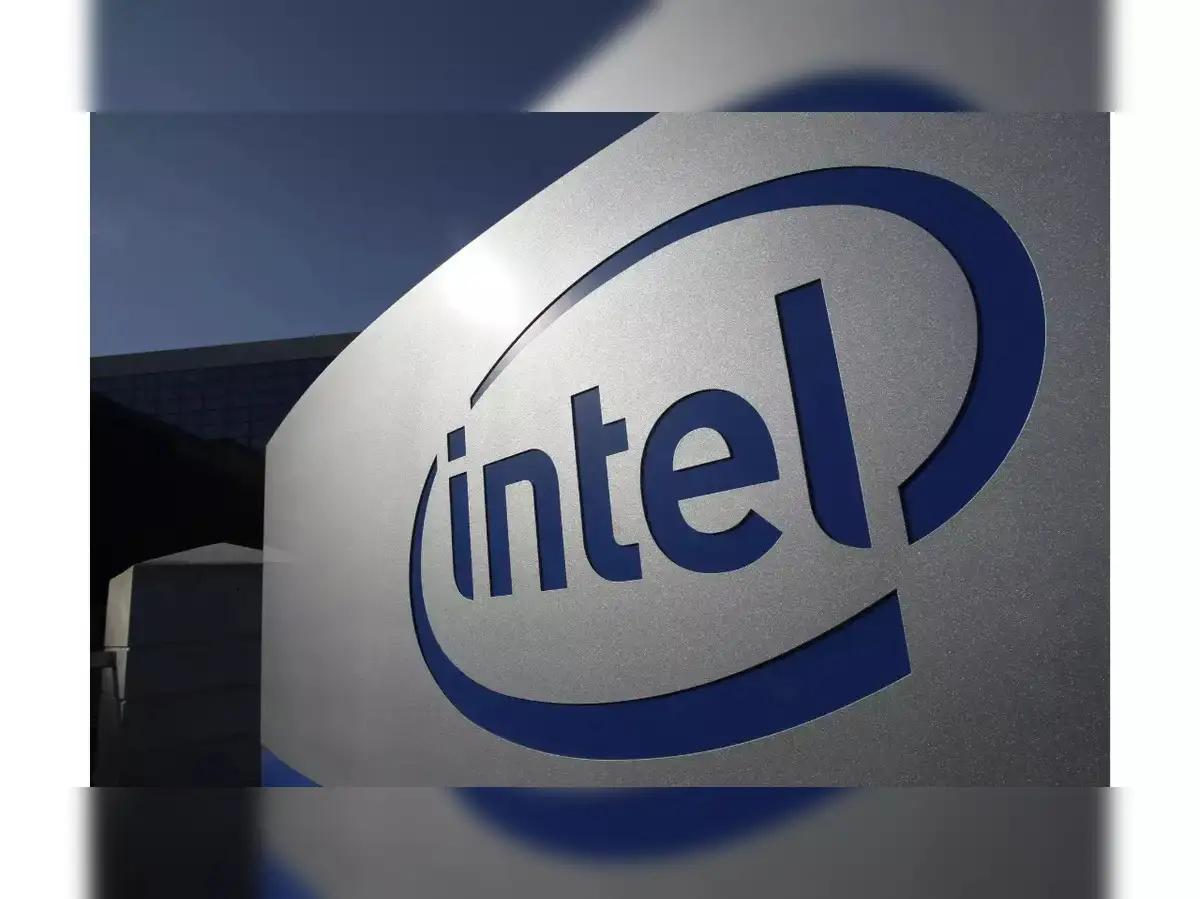August 7, 2025
Former President Donald Trump has publicly called for the immediate resignation of Intel CEO Lip‑Bu Tan, citing the executive’s alleged financial and business ties to Chinese companies as a national security concern. The bold demand comes as Intel faces heightened scrutiny from lawmakers and embarks on one of its most aggressive restructurings in years.
Allegations of Conflict and Foreign Ties
Trump’s remarks followed a formal letter from U.S. Senator Tom Cotton, who urged Intel’s board to investigate Tan’s past investments in China. The senator raised questions about whether the CEO, through his past role as a venture capitalist, has retained financial links to firms tied to China’s Communist Party or military operations.
Lip‑Bu Tan, a longtime figure in the global tech investment world, previously ran Walden International, a firm that directed hundreds of millions of dollars into Chinese startups, including those in sensitive sectors. Although some of these investments have reportedly been scaled back, concerns persist over Tan’s past association with companies now deemed problematic by U.S. regulators.
Political and Market Fallout
Trump’s statement — “There is no other solution to this problem” — added fuel to the fire and triggered immediate market consequences. Intel shares slid by over 4% in early trading as investors reacted to fears of regulatory intervention, reputational damage, and potential executive turnover.
The demand for Tan’s resignation comes at a time when U.S.-China tensions remain high, especially in the tech sector. Washington has tightened controls on semiconductor exports to China, and bipartisan efforts to reassert American dominance in chip manufacturing are intensifying.
Intel’s Restructuring and Internal Upheaval
Tan took over as Intel’s CEO earlier this year, inheriting a company in the middle of major transformation. In recent weeks, Intel announced a significant workforce reduction — slashing up to 15% of its global headcount by the end of 2025. This includes layoffs at U.S. facilities and a shift of several production and assembly operations to Asia, particularly Vietnam and Malaysia.
The company is also scaling back or pausing investments in several major fabrication plant projects in Ohio, Germany, and Poland. Executives say the changes are necessary to focus resources on core technologies, artificial intelligence, and a more agile global supply chain. However, these moves have also drawn criticism from American labor unions and some lawmakers who view them as a step away from U.S.-based manufacturing.
Adding to the turmoil, several senior Intel executives recently announced their departures, highlighting internal tensions and signaling that the restructuring may be even more extensive than initially projected.
A Leadership Crossroads
Tan’s leadership, once viewed as a symbol of cross-border innovation and investment, is now under intense pressure. Critics argue his legacy ties to China conflict with the national security responsibilities of leading a top U.S. semiconductor firm. Supporters, however, point to his track record of growing global tech enterprises and argue that a focus on transparency and compliance can address the current concerns.
Intel has not yet responded directly to Trump’s remarks, but internal sources suggest that the board is reviewing the situation closely. The coming days may prove decisive not only for Tan’s future at the company but for Intel’s strategic positioning in an increasingly politicized global tech landscape.
With Washington’s eyes on every move and investors watching nervously, Intel faces a critical juncture—balancing its business goals, leadership credibility, and national interests all
















Leave a Reply